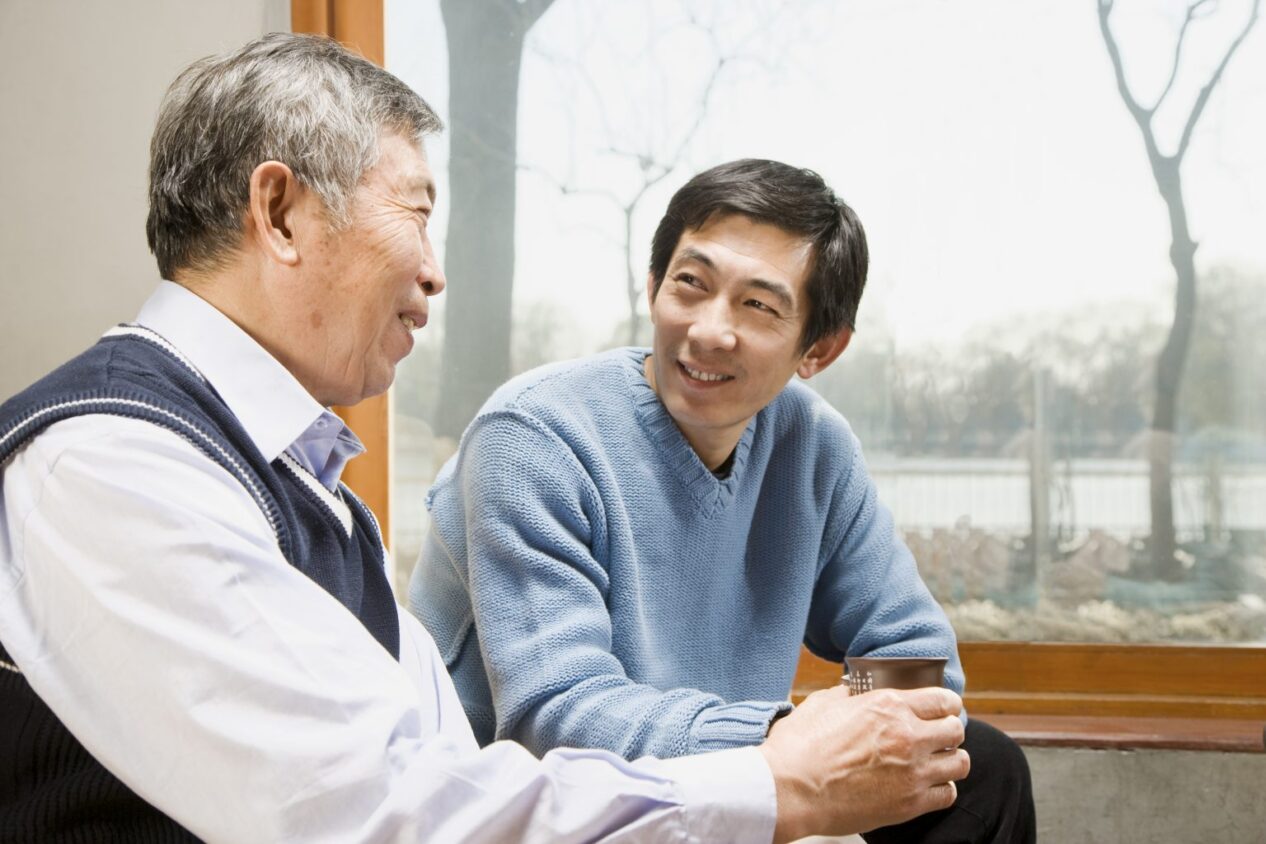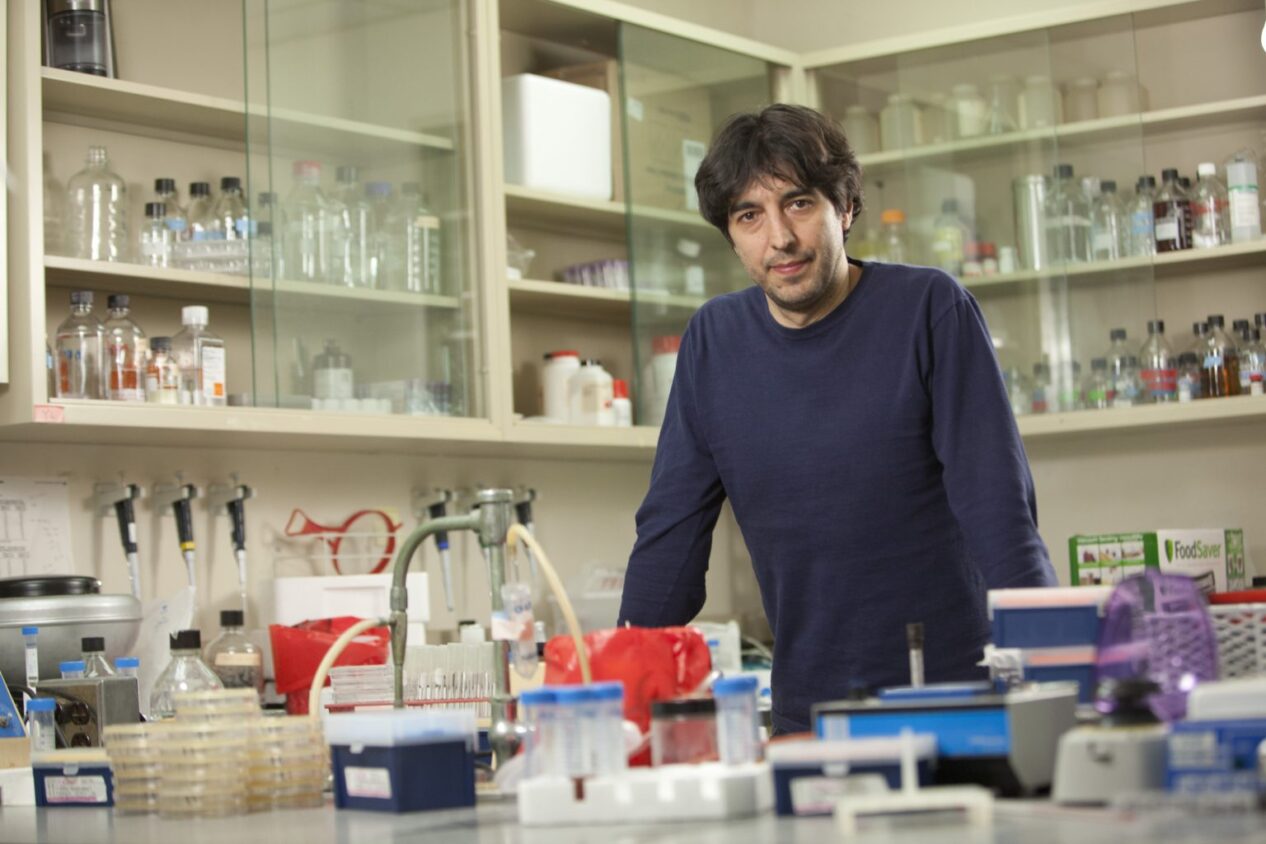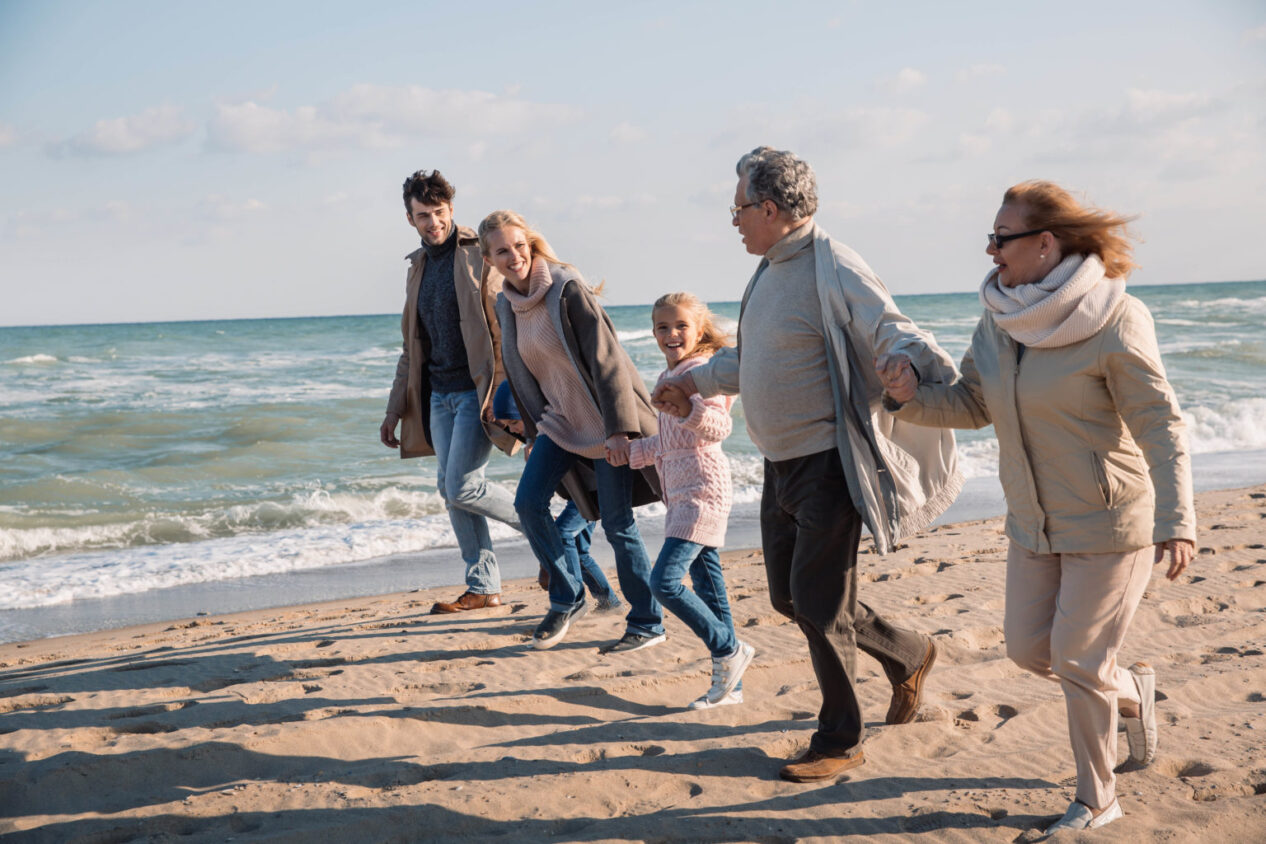


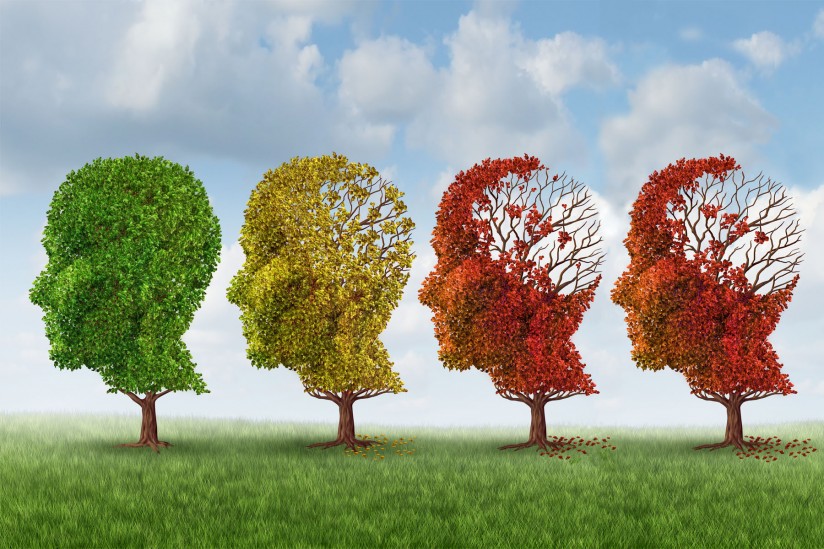
MEDIA ADVISORY/SOURCE ALERT
Contact: Orli Belman, USC Leonard Davis School of Gerontology
310 709-4156, obelman@usc.edu
Caregiving in Crisis: From Disaster Planning to Dental Care to Dealing with Loneliness
WHAT: The 17th Annual CALM (Caregivers are Learning More) Conference. The USC Family Caregiver Support Center is getting a head start on National Caregiving Month with this community outreach event featuring expert speakers, onsite health screenings and a resource fair.
WHEN: 9:00 am – 2:00 pm, Saturday, October 28, 2017
WHERE: USC Leonard Davis School of Gerontology, 3715 McClintock Ave. Los Angeles, CA 90089. Media can park in USC’s Downey Way Parking Structure or in designated media zones.
WHO: Donna Benton, director of the USC Family Caregiver Support Center and gerontology professor at the USC Davis School, along with caregivers and experts from health care providers, government agencies, technology companies and community centers.
“With the increase in sandwich generation households, we hear more requests from caregivers helping both adult children and aging parents,” said Benton. “Caregivers desperately need resources to help them remain healthy, because they are the foundation for the family. If they ‘crack’ the house will be unstable.”
Additional topics and speakers include:
WHY: To increase awareness, advocacy and assistance for the nearly 20 million unpaid caregivers including…
MORE: November is National Family Caregivers Month. A recent National Academies of Sciences, Engineering and Medicine report, Families Caring for an Aging America, recommends developing a national strategy to address caregivers’ health, economic security and overall well-being. The report states that caregiver recognition and support is among the most significant overlooked challenges facing the aging U.S. population, their families, and society.
ABOUT: The USC Family Caregiver Support Center offers help those to caring for family and friends for all cultures and communities in LA county. Services are low or no-cost to family caregivers and friends who help someone over the age of 60 and funding is provided by in part by LA County Community and Senior Services and the USC Leonard Davis School of Gerontology.
Call toll-free: 855-USC-6060 (855-872-6060) for help, or visit http://fcscgero.org/
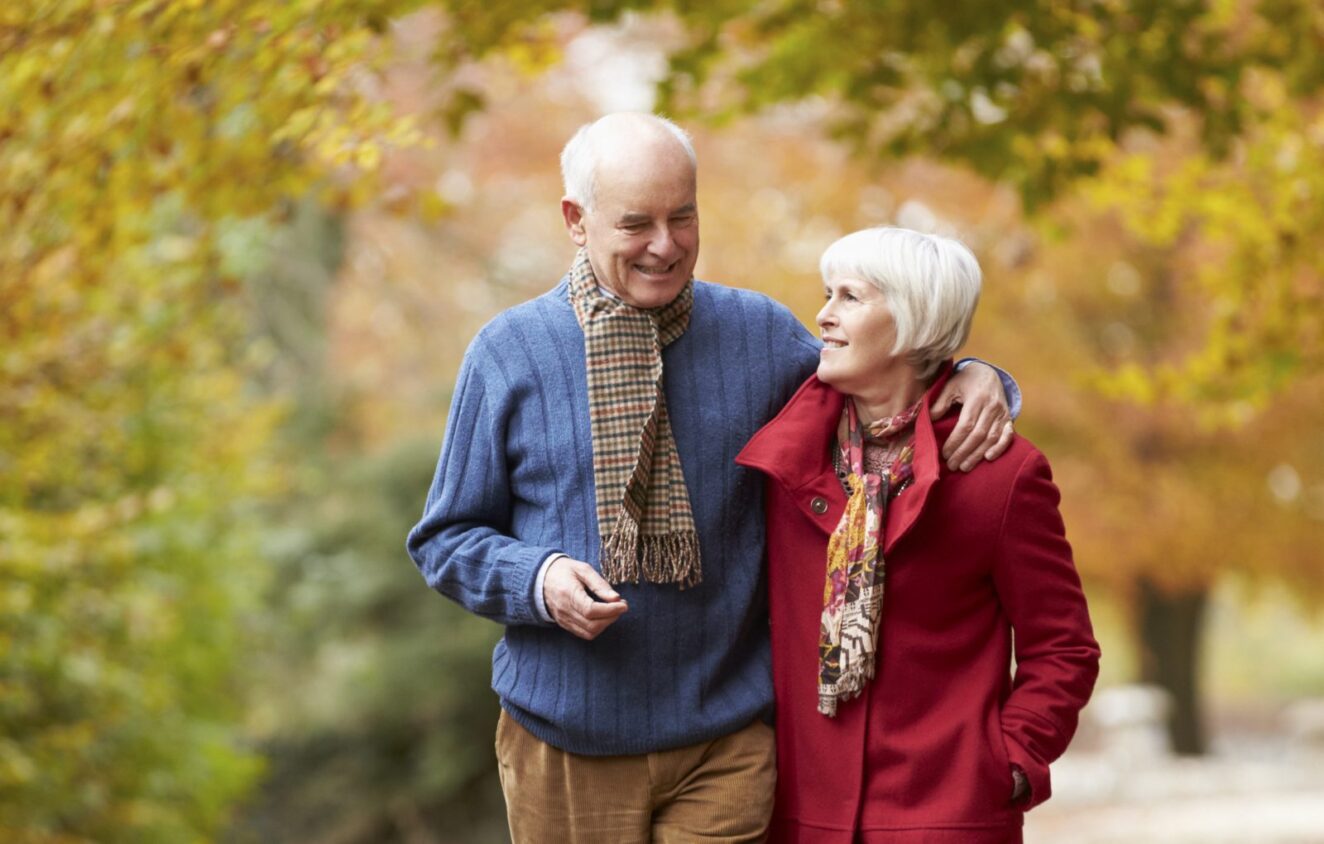
Wednesday, June 14 talk is part of a larger program that trains beauty school students to work with older adults
Summary
The Yamano Beauty College is preparing beauticians-to-be to meet the needs of Japan’s aging population through a unique partnership with the University of Southern California Leonard Davis School of Gerontology. From health screenings to house calls, this collaboration recognizes the link between aging and aesthetics and the front-line role today’s beauty school students will play in caring for aging clients in Japan, the country with the oldest population in the world.
Story
At 10:00 am on Wednesday, June 14, Dr. Pinchas Cohen, dean of the University of Southern California Leonard Davis School of Gerontology will address close to 1000 students and guests at the Yamano Beauty College in Tokyo.
Dean Cohen’s lecture, a look at 21st century trends in science and study of aging, is just one of the ways that the Yamano Beauty College is preparing students to meet the needs of the aging population of Japan, where more than one in four people is over the age of 65 today and it is expected that one in three will be by the year 2050.
81-year-old Mike Yamano, whose parents founded the original beauty college in 1934, initiated the now six-year-old partnership with USC’s Leonard Davis School, a global leader in gerontology research and education. Through a self-paced online course, USC delivers 60 hours of specialized training to vocational and junior college students at the Yamano Beauty College. The USC Leonard Davis School-developed curriculum, unique for a beauty school in Japan and perhaps anywhere in the world, provides a broad introduction to the health, social and economic aspects of aging in society.
In addition, the Yamano Beauty College offers a Health and Welfare course, which includes instruction in practical matters, like how operate a wheel chair to wash and how to cut bedbound clients’ hair.
“Nobody paid attention to the needs of older adults until we started our wellness course and our program with the USC Leonard Davis School of Gerontology,” said Mike Yamano, the former chancellor of the Yamano Beauty schools and a strong advocate for linking aging and aesthetics. “Beauty is for all ages and I believe that when you look better, you feel better too.”
“We are very proud of our partnership with the Yamano Beauty College, which prepares students to support an aging client base,” said Pinchas Cohen, dean of the USC Leonard Davis School of Gerontology. “Thanks to Mike Yamano’s vision, we now have a model for bringing gerontology awareness and education to service providers who are increasingly working with older adults.”
About the Yamano Schools
Yamano Beauty College was founded in 1934 by Aiko Yamano, an innovator who opened her first salon at 16 and brought the first permanent wave machine to Japan. Her husband Jiichi was the implementer – he helped set up the country’s beauty association and the rigorous national system for training and licensing students. Today the Yamano Beauty College has over 210,000 graduates and remains a family affair. It is now run by Jane Aiko Yamano, granddaughter of the founders and daughter of Mike Yamano, who introduced the gerontology curriculum and served as chancellor prior to Jane. The school retains its legacy as an institution known to encourage experimentation, in the form of teaching how to perform elaborate hairstyles for example, while also honoring Japan’s past, through training in kimono technique and other cultural arts.
About the USC Leonard Davis School of Gerontology
Founded in 1975, the USC Leonard Davis School of Gerontology is the oldest and largest school of its type in the world. The school offers the most comprehensive selection of gerontology degree programs found anywhere, a variety of outstanding research opportunities, and a challenging yet supportive academic environment. As a school rooted in a world-class research university located in Los Angeles, the USC Leonard Davis School is home to today’s leaders in the field, as well as to tomorrow’s. Students and faculty study the human lifespan by exploring the biology, psychology, sociology, policy, economics, medical, and business dimensions of adult life. The curriculum is aimed at equipping future professionals in the field of aging with the specific skills and knowledge necessary to respond effectively to the needs of an aging population.
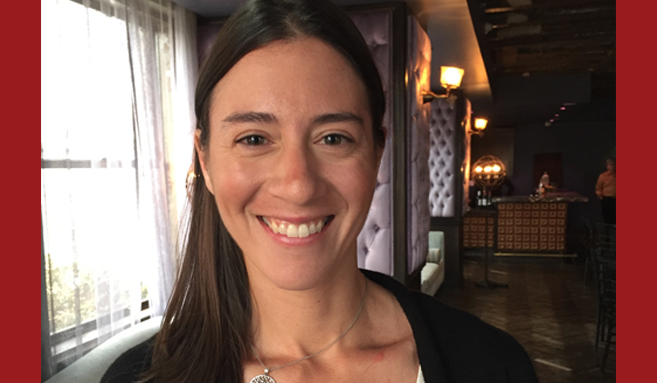
Research shows that where we live affects how we age, including age-related diseases and overall well-being. On Wednesday, April 19, the USC Leonard Davis School of Gerontology will host a series of discussions about the intersection of aging and the environment for its annual symposium, “What’s Hot In Aging Research.”
Contact: Emily Gersema, (213) 740-0252 or gersema@usc.edu
WHAT: The annual USC Leonard Davis School symposium, “What’s Hot In Aging”
Experts from USC and Los Angeles agencies will discuss issues such as:
· Population aging and the changing U.S. landscape
· Aging services in the Los Angeles area
· Racial and ethnic differences in aging
· Planning and zoning issues for senior housing, communities
· Shingles vaccine
· Health effects of air pollution on the aging brain
*RSVP by contacting Emily Gersema, (213) 740-0252 or gersema@usc.edu or Orli Belman, (213) 821-9852 or obelman@usc.edu*
WHEN: Wednesday, April 19, 8:30 a.m.- 3:30 p.m.
WHERE: USC Leonard Davis School of Gerontology, 3715 McClintock Ave., Los Angeles, CA 90089
WHO: USC Leonard Davis School Dean Pinchas Cohen will give an introduction. The other speakers are:
· Jennifer Ailshire, USC Leonard Davis School and the USC Dornsife College of Letters, Arts and Sciences
· Mafalda Cacciottolo, USC Leonard Davis School
· Caroline Cicero, USC Leonard Davis School
· Caleb Finch, USC Leonard Davis School and the USC Dornsife College
· Henry Forman, USC Leonard Davis School
· Stephen Frochen, USC Leonard Davis School
· Scott Fruin, Keck School of Medicine of USC
· Geraldine Knatz, USC Price School of Public Policy and the USC Viterbi School of Engineering
· Donald A. Lloyd, USC Suzanne Dworak-Peck School of Social Work
· Catherine Perez, USC Leonard Davis School
· Joseph Saenz, USC Leonard Davis School
· Laura Trejo, Los Angeles Department of Aging
More information about the symposium is here.
# # #
